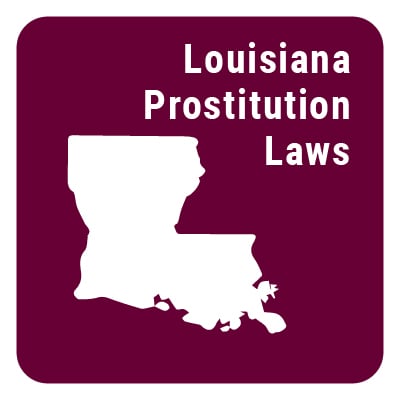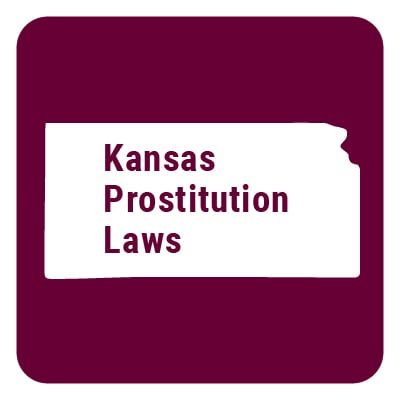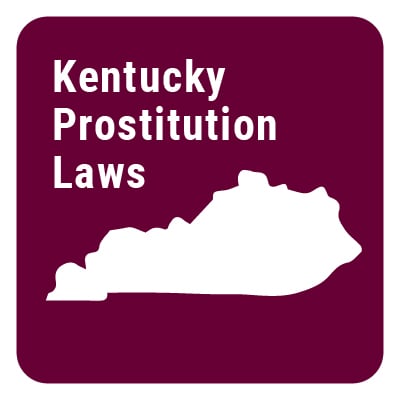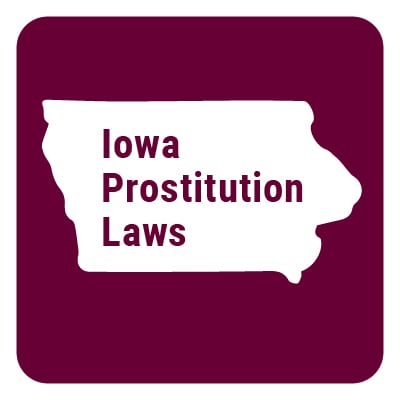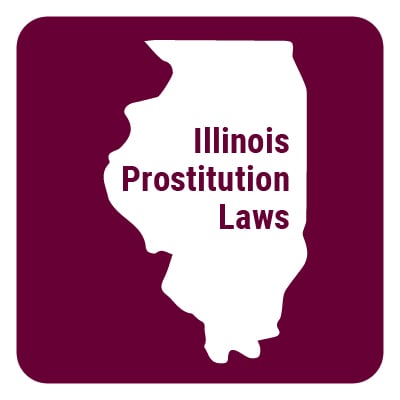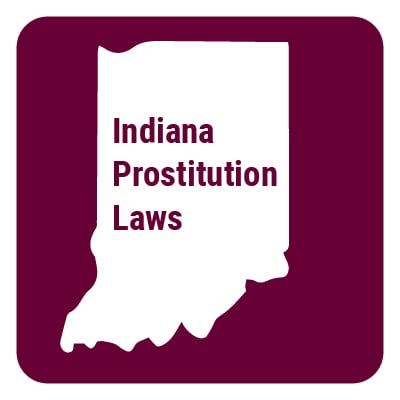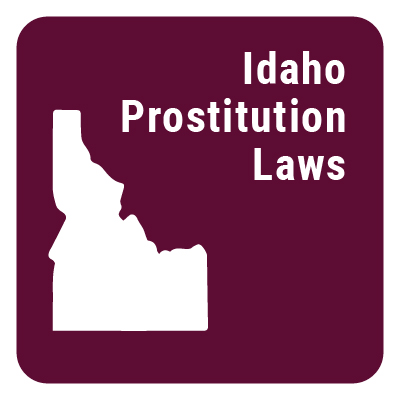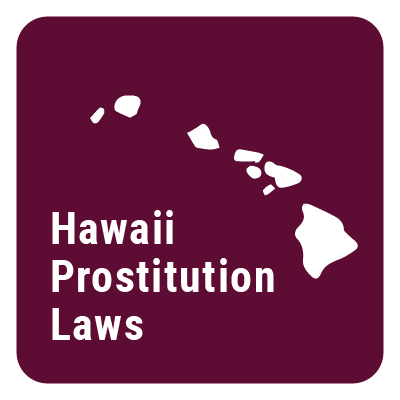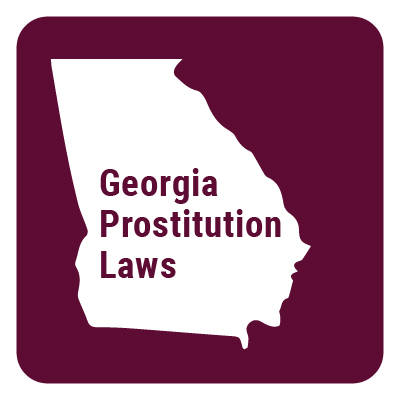Is prostitution legal in Maine?
Prostitution is not legal in Maine. Maine prostitution laws make it illegal to sell sexual acts or even sexual contact. In June of 2023, Governor Janet Mills signed LD1435, “An Act to Reduce Commercial Sexual Exploitation” — the first Entrapment Model legislation passed in the United States. The harmful myth that all consensual adult sex work is exploitation is more prevalent than ever, thanks in part to anti-bodily autonomy rhetoric pushed by activists who believe that they can “end demand” for sexual labor. However, data shows that this approach actually creates more danger for sex workers and trafficking survivors alike.
State Guide: U.S. prostitution laws for all 50 states
Prostitution Laws of Maine
- §851: Definitions
- §852: Aggravated sex trafficking
- §853: Sex trafficking
- §853-A: Engaging in prostitution [REPEALED]
- §853-B: Engaging a person for prostitution
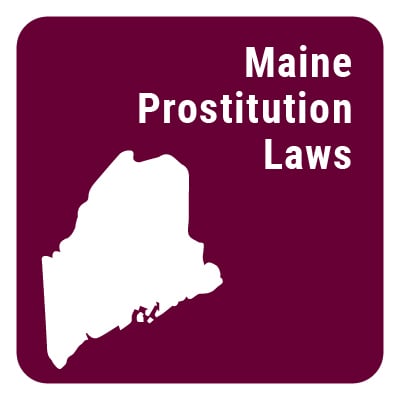
Chapter 35: PROSTITUTION AND PUBLIC INDECENCY
§851: Definitions
As used in this chapter:
1. "Prostitution" means engaging in, or agreeing to engage in, or offering to engage in a sexual act or sexual contact, as those terms are defined in section 251, in return for a pecuniary benefit to be received by the person being prostituted or a 3rd person; 1-A. "Engages a person for prostitution" means providing, offering to provide or agreeing to provide, either to the person who is sought for an act of prostitution or to a 3rd person, pecuniary benefit in return for a sexual act or sexual contact as those terms are defined in section 251;
2. "Promotes prostitution" means:
A. Causing or aiding another to commit or engage in prostitution, other than as a patron;
B. Publicly soliciting patrons for prostitution. Publicly soliciting patrons for prostitution includes, but is not limited to, an offer, made in a public place, to engage in a sexual act or sexual contact, as those terms are defined in section 251, in return for a pecuniary benefit to be received by the person making the offer or a 3rd person;
C. Providing persons for purposes of prostitution;
D. Leasing or otherwise permitting a place controlled by the defendant, alone or in association with others, to be regularly used for prostitution;
E. Owning, controlling, managing, supervising or otherwise operating, in association with others, a house of prostitution or a prostitution business;
F. Transporting a person into or within the State with the intent that such other person engage in prostitution; or
G. Accepting or receiving, or agreeing to accept or receive, a pecuniary benefit pursuant to an agreement or understanding with any person, other than with a patron, whereby the person participates or the person is to participate in the proceeds of prostitution.
§852: Aggravated sex trafficking
1. A person is guilty of aggravated sex trafficking if the person knowingly:
A. Promotes prostitution by compelling a person to enter into, engage in, or remain in prostitution; or
B. Promotes prostitution of a person less than 18 years old.
2. As used in this section "compelling" includes but is not limited to:
A. The use of a drug or intoxicating substance to render a person incapable of controlling his conduct or appreciating its nature; and
B. Withholding or threatening to withhold a narcotic drug or alcoholic liquor from a drug or alcohol-dependent person. A "drug or alcohol-dependent person" is one who is using narcotic drugs or alcoholic liquor and who is in a state of psychic or physical dependence or both, arising from the use of the drug or alcohol on a continuing basis.
3. Aggravated promotion of prostitution is a Class B crime.
§853: Promotion of sex trafficking
1. A person is guilty of sex trafficking if:
A. The person knowingly promotes prostitution. Violation of this paragraph is a Class D crime; or
B. The person violates paragraph A and has 2 or more prior convictions in this State for any combination of the Maine offenses listed in this paragraph or for engaging in substantially similar conduct to that of the Maine offenses listed in this paragraph in another jurisdiction. The Maine offenses are any violation of this section or section 852, 853‑B or 855 or attempts to commit any of these crimes. Section 9‑A governs the use of prior convictions when determining a sentence. Violation of this paragraph is a Class C crime.
3. It is an affirmative defense to prosecution under this section that the person engaged in sex trafficking because the person was compelled to do so as described in section 852, subsection 2.
4. It is a defense to prosecution under this section that the act alleged to constitute sex trafficking consisted of the person publicly soliciting a patron to engage in prostitution only with the person.
2. Promoting prostitution is a Class D crime.
§853-A [REPEALED]
§853-B: Engaging a person for prostitution
1. A person is guilty of engaging a person for prostitution if:
A. The person engages a person for prostitution within the meaning of section 851, subsection 1-A. Violation of this paragraph is a Class E crime, except that the sentencing alternative may include only the penalties provided in section 1301; or
B. The person violates paragraph A and, at the time of the offense, the person has one prior conviction for engaging a prostitute. Section 9-A governs the use of prior convictions when determining a sentence, except that, for the purposes of this paragraph, the date of the prior conviction may not precede the commission of the offense by more than 2 years. Violation of this paragraph is a Class D crime.

